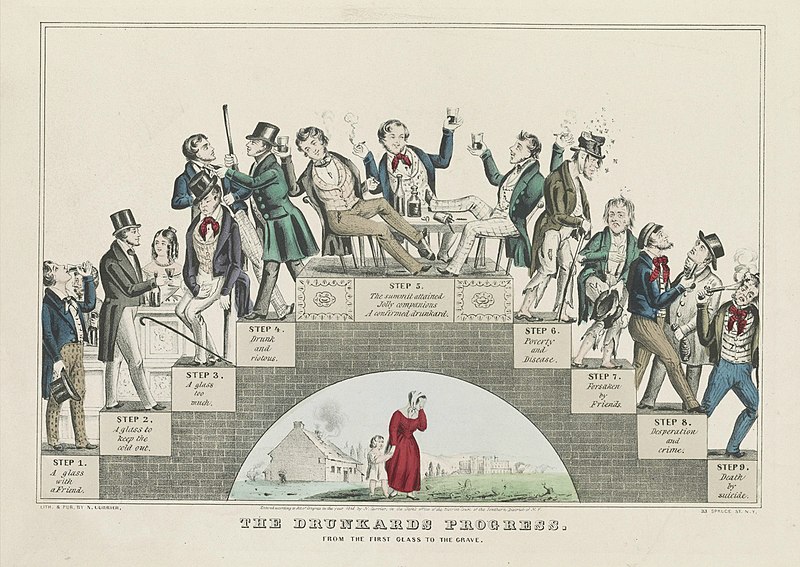On December 18, 1917, the United States Congress approved the 18th Amendment to the Constitution, setting the stage for one of the most transformative periods in American history—Prohibition. The amendment sought to ban the production, sale, and transportation of alcohol, reflecting a growing temperance movement fueled by social, moral, and religious advocates.
After Congressional approval, the amendment was sent to the states for ratification. By January 1919, the required three-fourths of the states had ratified it, and it officially went into effect in 1920. The Volstead Act was later passed to provide enforcement guidelines.
Prohibition had widespread and unintended consequences. While intended to reduce crime and improve public morals, it spurred the rise of illegal speakeasies, bootlegging, and organized crime figures like the famous Al Capone. The amendment was eventually repealed in 1933 by the 21st Amendment, marking the only time in U.S. history that an amendment was overturned.
Fun Facts:
- The 18th Amendment was nicknamed the “Noble Experiment” by supporters who believed it would purify society.
- The Prohibition era popularized speakeasies, underground establishments that served alcohol.
- Alcohol consumption didn’t stop; instead, Americans turned to homemade brews like “bathtub gin.”
- Organized crime flourished during Prohibition, with figures like Al Capone making millions from bootlegging.
- The 21st Amendment, which repealed Prohibition in 1933, remains the only constitutional amendment to nullify another.

